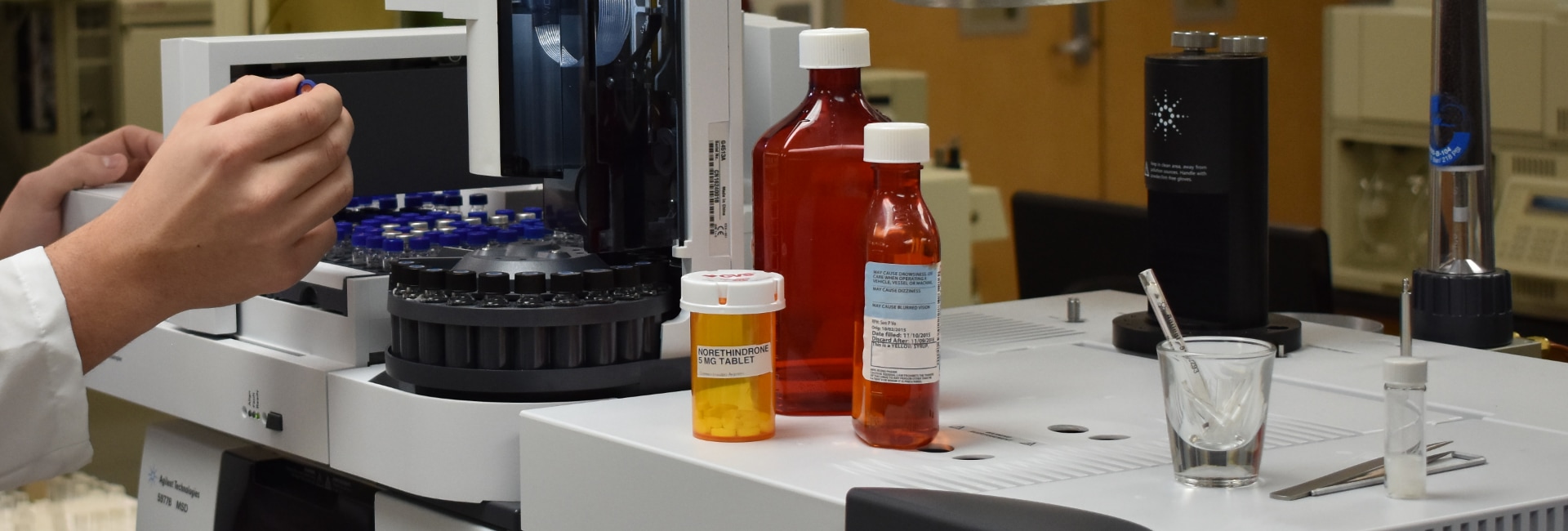Pre-Pharmacy is NOT a major and there is no "correct" major to pursue Pharmacy School. While most students major in a science area like biology, chemistry, or math, a major in science is not required. In fact, many Pharmacy programs do not require a student to have completed their Bachelor's degree before beginning Pharmacy School. However, in that situation we still advise you to declare a major just in case.
The grade point average (GPA) is an important component of the requirements for admission to Pharmacy School. It is not necessary to have a 4.0. Instead, it is probably better to have a solid GPA in the 3.80-4.00 range (on a 4 point scale) and participation in extracurricular activities to demonstrate interests beyond academics. Most programs require a minimum of a 3.00 cumulative GPA for application, but you need more like a 3.5 cumulative GPA to be competitive. Further, many programs require a C- or higher in all pre-requisite courses.
- Science grades are calculated separately on your application to pharmacy school.
- For PharmD programs, refer to the Course Subject Categories within the Application Instructions for subjects fall under the Science GPA
- Your transcript is typically viewed as a primary factor in the admissions process. Your GPA, particularly in the sciences, is viewed as a reliable predictor of how you will perform in pharmacy school and is a demonstration of your academic capacity.
Since Pharmacy Schools do not require a Bachelors degree, some students begin application in their Sophomore year of undergraduate. However many students wait until their Junior year of undergraduate so that they have successfully completed all of their prerequisite courses. The application process is managed by PharmCAS, which is hosted by AACP (American Association of Colleges of Pharmacy). This online system will manage your application, your transcript submissions, and your letters of recommendation.
The PharmCAS application opens mid-July each year. We recommend submitting your application early, within the first few weeks after the PharmCAS opens in July.
Students in need of financial assistance should consider applying to the PharmCAS Fee Assistance Program.
Shadowing experiences are an important part of your pre-pharmacy training. You should research the schools that you're interested in to find out how their requirements regarding shadowing vary. Many pre-pharmacy students earn their pharmacy technician qualification and work in that role to gain experience. Shadowing different types of pharmacists (e.g. retail versus hospital) will broaden the experience you have. Spend time researching all you can find about the pharmacy profession and consider how the demands of the career fit with your lifestyle. Occasional volunteer activities or summer work is another meaningful way to learn about the profession. While the importance of these types of activities varies with different pharmacy schools, the experience you gain cannot be measured.


